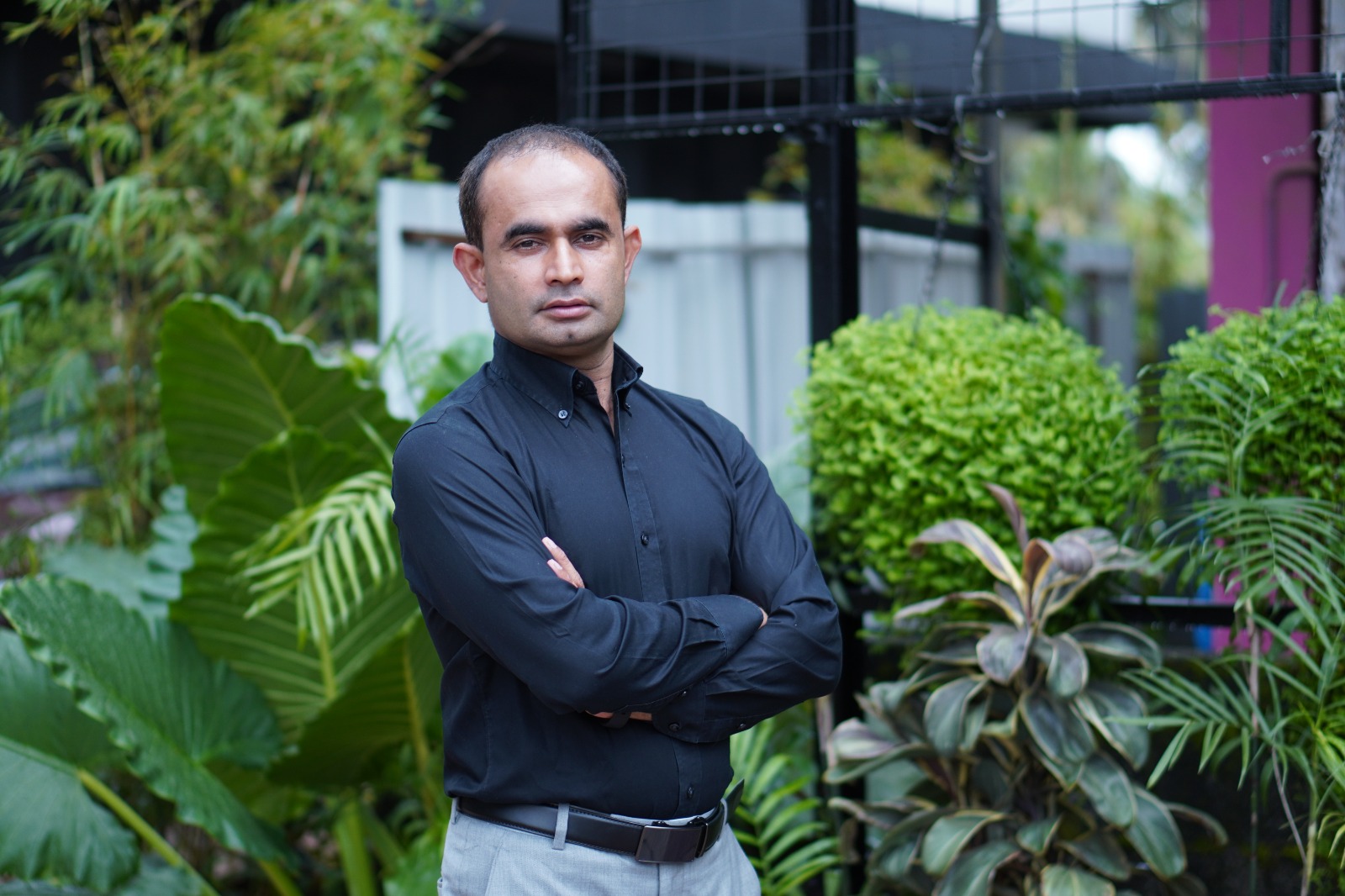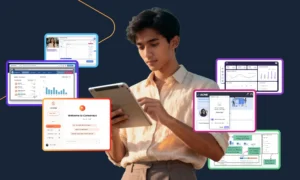Introduction: Growth with Purpose
Fintech founders often find themselves at a crossroads: scale fast and compromise, or grow deliberately and build something that lasts. For Sabeer Nelli, CEO and founder of Zil Money, the answer was clear from the beginning—scale, but never at the cost of the customer.
While many companies in the space have pivoted endlessly, burned through VC funds, or folded under pressure, Zil Money has quietly become a go-to platform for over a million users by doing something revolutionary: keeping its promises. With over $91 billion in transactions processed, the company proves that slow, deliberate, user-focused growth isn’t just viable—it’s powerful.
This is the story of how Sabeer Nelli scaled Zil Money without losing the principles that made it great in the first place.
Start with the End User, Not the Investor
Before founding Zil Money, Sabeer was operating gas stations under Tyler Petroleum. He wasn’t thinking about market valuations or funding rounds. He was trying to manage payroll, send payments to vendors, and reconcile cash flow without spending his nights buried in spreadsheets.
This frontline experience gave him a rare founder perspective: the person using your product isn’t interested in features—they’re interested in outcomes.
So when Sabeer launched Zil Money in 2018, he wasn’t trying to build the next unicorn. He was trying to remove the headaches that business owners like him face every day. That clarity became the foundation for every decision that followed.
The Secret to Scaling? Obsession with Utility
Zil Money’s growth strategy was never about flashy design or chasing buzzwords. It was about usefulness.
- Need to print checks from home? Done.
- Want to run payroll with a credit card? No problem.
- Need same-day ACH and wires? Integrated.
- Want to send international payments without learning a new system? One dashboard.
This relentless focus on practical utility allowed Zil Money to grow organically. Users weren’t drawn in by hype—they stayed because it worked.
Sabeer’s thesis was simple: if the product becomes essential, growth is inevitable. And for many small business owners, Zil Money became that essential tool.
Infrastructure That Grows With You
Many tech platforms crumble under their own growth. Sabeer saw this coming and took a different approach. He built Zil Money with modular architecture from day one—scalable servers, flexible APIs, and security protocols that could handle enterprise-grade demands even before the first million users signed up.
Compliance wasn’t an afterthought. Zil Money invested in SOC 1 & 2, PCI DSS, GDPR, HIPAA, ISO standards, and more. Not to impress auditors, but to guarantee trust.
This foresight gave the platform stability even during rapid growth. As more users came on board, the system didn’t just survive—it performed better.
The Culture of Quiet Accountability
Sabeer built a culture not around charisma, but consistency. At Tyler Petroleum, managers were empowered to run their stores like business units. That model carried over into Zil Money. Every department owns its outcomes—whether it’s engineering uptime, customer support response times, or product rollouts.
There’s no micromanagement. But there is accountability.
Mistakes are addressed. Systems are improved. Customers are kept in the loop. This quiet, consistent execution has become one of Zil Money’s strongest competitive advantages in a noisy market.
Zero-Hype, All-Substance Marketing
Zil Money’s marketing doesn’t rely on influencers or hype videos. It relies on word-of-mouth.
Customers who find relief using the platform tell their peers. Accountants recommend it to clients. Vendors adopt it because their partners already trust it.
The company’s referral rate is one of the highest in the industry—not because of reward programs, but because the product delivers peace of mind.
And in a space where many fintechs burn millions on ads for fleeting attention, Zil Money’s quiet confidence continues to win users—and retain them.
The Flywheel of Real Feedback
Many platforms ship features based on trends. Sabeer does it differently—he listens.
Zil Money has embedded customer feedback loops into every part of its process. Support tickets become product tasks. Usage data informs design tweaks. FAQs evolve into onboarding improvements.
The goal isn’t to impress early adopters—it’s to solve problems better each week.
This cycle of feedback, iteration, and refinement is the flywheel behind Zil Money’s steady growth. The product gets better not because of big launches, but because of constant listening.
What’s Next: Beyond the Platform
Sabeer’s vision doesn’t stop at payments. With the ecosystem nearly complete—check printing, ACH, wires, credit cards, payroll, and now international payments—the next phase is about creating more intelligence.
Expect smarter dashboards, more predictive analytics, deeper integrations with accounting systems, and seamless cash flow management.
The long-term goal? Not just helping businesses move money—but helping them grow it wisely.
Conclusion: Integrity Scales
In an era where speed is often prioritized over substance, Sabeer Nelli proves that the opposite approach can be just as effective—if not more.
By building Zil Money with care, clarity, and customer respect, he didn’t just create another fintech platform. He created infrastructure. He built trust. He earned a place in the daily operations of thousands of businesses.
And perhaps most importantly, he reminded the industry of a truth it sometimes forgets: Real value doesn’t need to shout. It just needs to work.
Read More From Techbullion

































